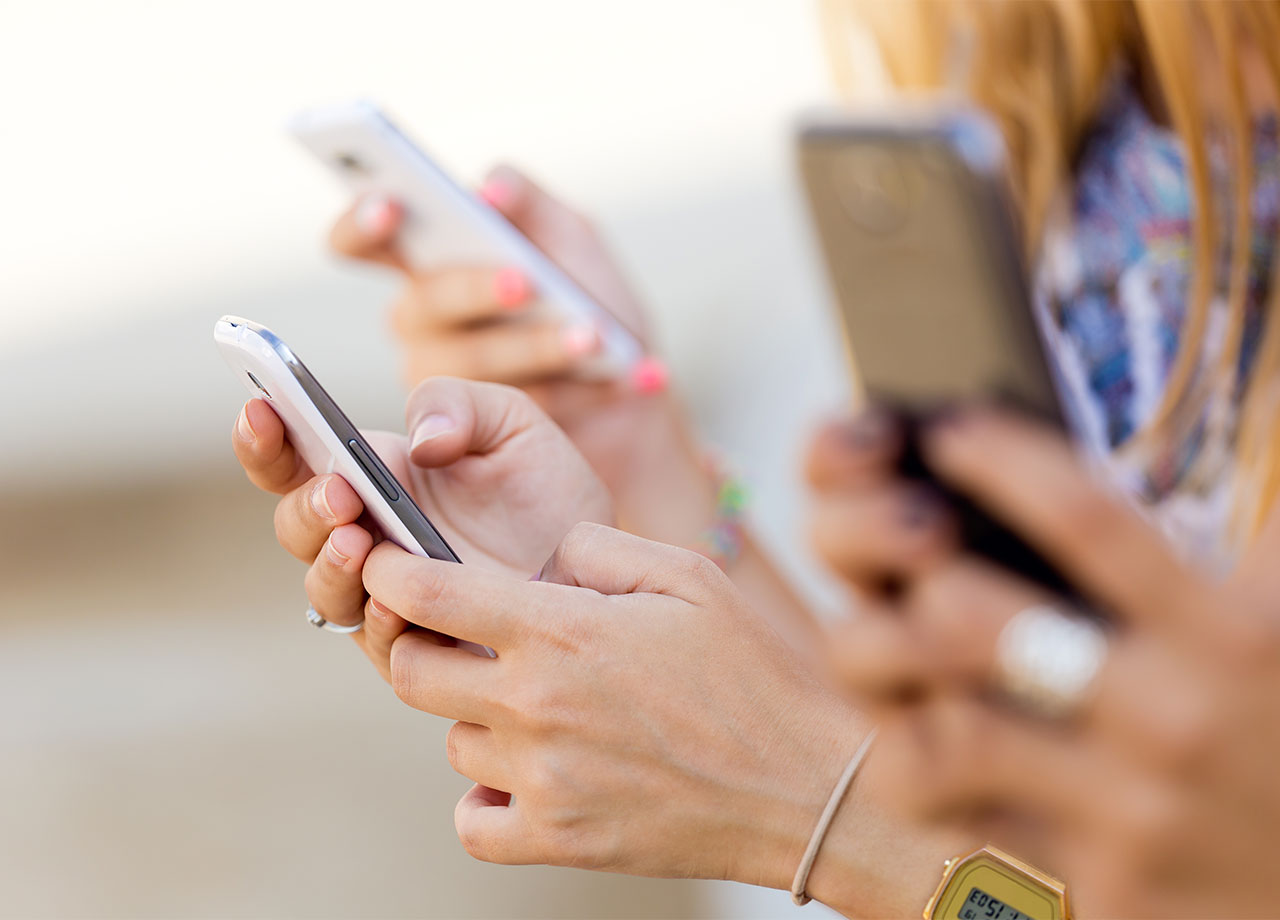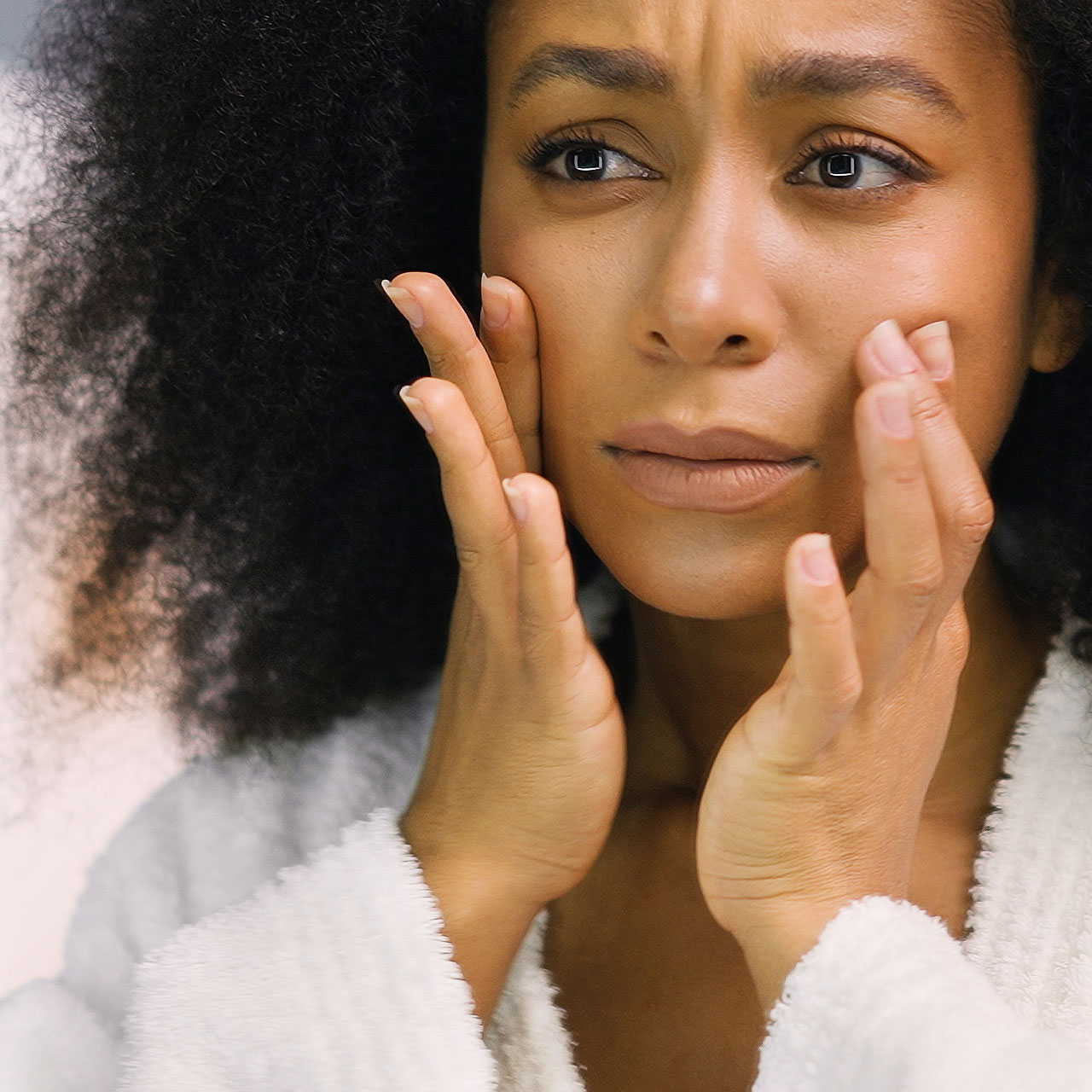Getting your phone hacked isn’t always your fault. Sometimes things just happen and you become the victim of a successful hacking attempt that leaves your personal data exposed. But, whether you had a hand in exposing your own data or not, the results can be terrifying. Suddenly, your personal information like credit card numbers and passwords to all of your accounts and social media sites is in someone else’s hands. At worst, information like your social security number can even become compromised.
Before it gets to that point, try your best to protect yourself by avoiding these three common iPhone mistakes that Apple experts warn expose your personal data to hackers.
Using an Unsecured WiFi Network
One of the big mistakes people make is letting their guard down and using an unsecured WiFi network or public network while shopping on Amazon, visiting your bank’s website, or even just accessing a social media site. Doing these things on an unknown or unsafe network can put your banking information and contacts at immediate risk. It’s much easier for hackers to infiltrate these networks than it is your personal, locked network. Only use public WiFi in a pinch, never do anything that requires security on this network, and don’t stay on too long.


Not Updating Your Software and Apps
Your phone’s software should be updated whenever a new update exists — and the same applies for apps. If an app is issuing an update, it’s usually because there are bugs to correct and features to improve. And, on some occasions, these bugs can make you more vulnerable to hackers’ attempts. Check your Settings periodically to make sure everything on your phone is updated.

Not Using 2-Factor Authentication
You may already be well aware of the importance of NOT using your birthdate or any other personal details about yourself and loved ones as passcodes. But if you aren’t using two-factor authentication for all of the sites and apps that give you this option, you aren’t doing everything you can to protect your data. Two-factor authentication requires that you not only sign into accounts using a secure password, but that you also add a code that you receive via email or text message as extra proof that you are indeed the person in charge of the account you’re accessing.
These iPhone mistakes are so easy to make — but they’re also easy to avoid. And avoiding them can help keep your phone as safe as possible from hackers.


























